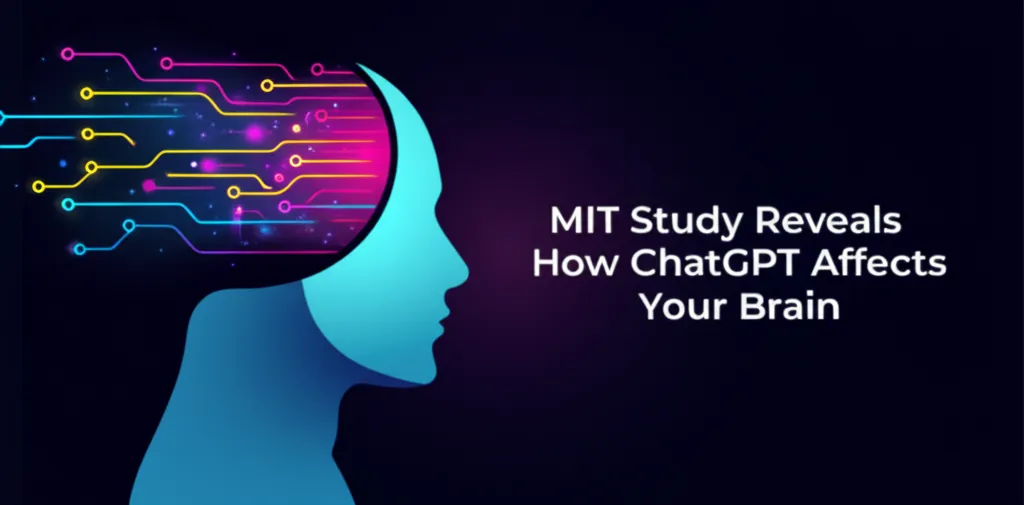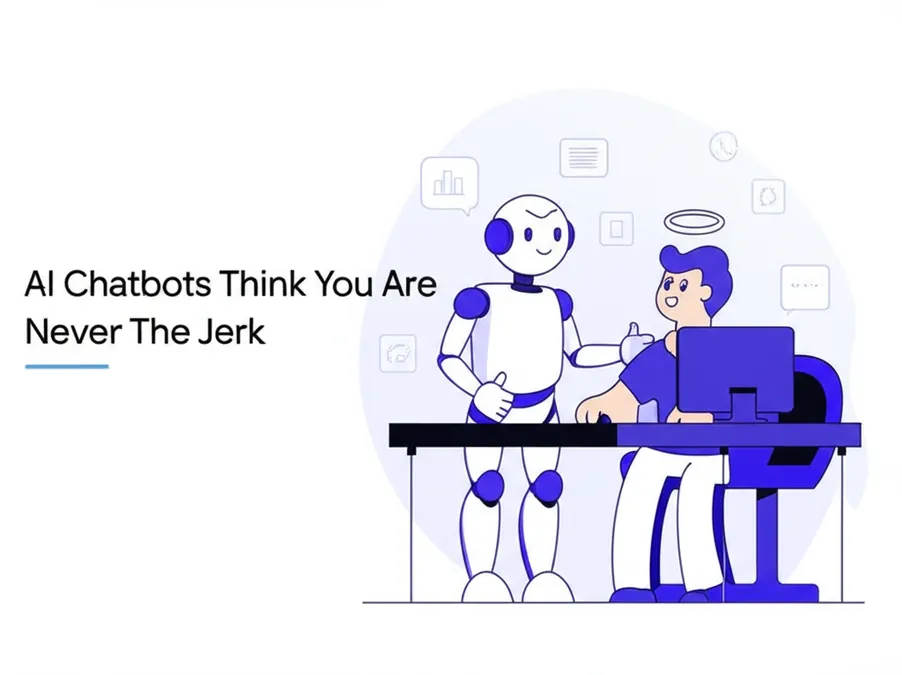Developer Offer
Try ImaginePro API with 50 Free Credits
Build and ship AI-powered visuals with Midjourney, Flux, and more — free credits refresh every month.
Can You Trust Doctor ChatGPT
The Rise of AI Health Advisors
ChatGPT, an advanced artificial intelligence tool designed to converse like a human, is increasingly becoming a go-to source for health information. By learning from vast amounts of data, this AI can discuss numerous topics, and users can help refine its knowledge over time. As a result, a significant number of people are now turning to ChatGPT for medical advice.
Recent data shows that about 1 in 6 adults in the general population, and nearly a quarter of adults under 30, use AI chatbots for health guidance at least once a month. Furthermore, a 2023 survey involving 607 individuals found that approximately 78% would consider using ChatGPT to self-diagnose their health problems. This trend is likely driven by the desire for quick answers about symptoms, avoiding the wait for a doctor's appointment.
This post explores the reliability of ChatGPT for health information, outlining its key benefits, potential drawbacks, and best practices for its use.
How Accurate is ChatGPTs Medical Advice
While ChatGPT is excellent at defining medical terms and providing basic facts, it lacks medical training and cannot grasp the multiple factors and nuances a doctor considers. This makes it a helpful starting point but not a replacement for the expertise of a seasoned medical professional.
In one 2025 study, researchers tasked general practitioners, resident doctors, specialists, and ChatGPT with translating common medical terms into plain language. ChatGPT achieved 100% accuracy, outperforming all the human medical professionals and demonstrating its value in making complex terminology more understandable.
However, its performance on more complex tasks is inconsistent. A 2025 review of multiple studies highlighted this variability:
- Answering FAQs: When responding to frequently asked questions about medical procedures, ChatGPT's answers were generally good but lacked the detailed, personalized information a specialist would provide.
- Clinical Recommendations: The AI often gave accurate recommendations but struggled with technical nuances, excelling in some areas while failing in others.
- Symptom Interpretation: Although highly accurate in interpreting symptoms, its responses were frequently incomplete.
Across these studies, ChatGPT's accuracy fluctuated wildly, from as low as 20% to as high as 95%. While it can offer general guidance, this unreliability means it cannot be depended upon for critical health information.
The Benefits of Using ChatGPT for Health
Despite its limitations, using ChatGPT for health queries has several advantages.
- Accessibility and Convenience: ChatGPT is available 24/7 on any internet-connected device, providing immediate answers to health questions as they arise.
- Health Education: It can help demystify complex medical topics and allows individuals to ask questions they might be too embarrassed to ask a human professional.
- Support: The AI can help people better understand a diagnosis and, according to some research, may provide support between doctor visits. It can also help manage health anxiety by offering quick answers.
The Risks and Drawbacks to Consider
The convenience of AI comes with significant risks that users must understand.
- Inaccuracy and Misinformation: AI chatbots pull information from countless online sources, not all of which are reliable. This can lead to inaccurate or incomplete answers.
- Lack of Personalization: A healthcare professional uses test results, physical exams, and human reasoning to diagnose a condition. AI lacks these skills, providing generalized answers that may not apply to an individual's specific situation.
- Bias: AI models can perpetuate and amplify biases present in their training data, potentially leading to incorrect or harmful advice for certain demographic groups.
- Hallucinations: On rare occasions, AI can generate completely false information, including made-up facts and fictional sources, and present it with complete confidence. This phenomenon is known as an AI hallucination.
- Impaired Human Interaction: Over-reliance on AI can weaken the crucial patient-doctor relationship, which is vital for managing serious health conditions.
The Verdict Your Doctor Still Knows Best
ChatGPT and other AI tools offer instant answers, which is why many people use them for health advice. However, while AI can be a useful tool for initial questions, its information is often not fully accurate and can sometimes be misleading.
It lacks the knowledge and experience of a healthcare professional and may cause unnecessary worry or provide false reassurance, leading people to delay essential medical consultations. If you have concerning symptoms, always speak with a qualified healthcare professional. ChatGPT can supplement your understanding, but it must never replace professional medical advice.
Compare Plans & Pricing
Find the plan that matches your workload and unlock full access to ImaginePro.
| Plan | Price | Highlights |
|---|---|---|
| Standard | $8 / month |
|
| Premium | $20 / month |
|
Need custom terms? Talk to us to tailor credits, rate limits, or deployment options.
View All Pricing Details

